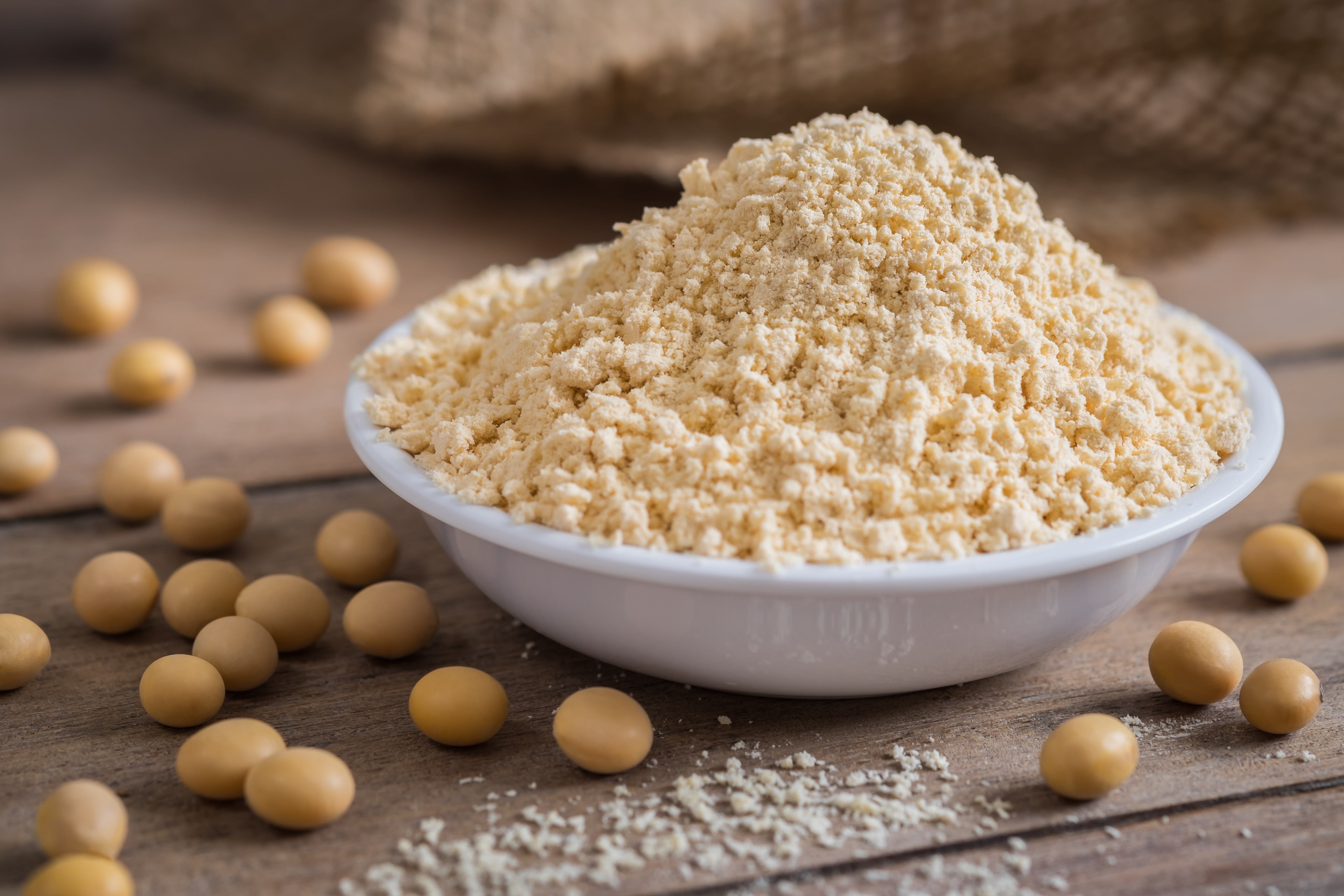



Argentine farmers warn that tax cuts favour oilseed crushers and won’t prompt sales
A new export tax regime in Argentina leaves a higher levy on soybeans than processed soy oil and soy meal, prompting claims that the country is subsidising the oilseed crushing industry.Reuters reports that critics of the policy say that the tax cuts won’t spur growers to sell more.
The South American grains powerhouse is a major exporter of soybeans and the world's top supplier of soy oil and soymeal livestock feed, which is used to fatten hogs, cattle and poultry from Europe to Southeast Asia.
The government last week cut export tax rates on soy and its by-products until the end of the year in a move to encourage more exports and raise much-needed dollars. With prices rising, farmers had been holding onto soy crops waiting for a better time to sell.


The rate cut was deeper for processed soy oil and meal than for soybeans, which had all previously been at 33 percent. Tax rates dropped this month and will gradually rise again, though soy meal and oil will end up with a two-point cut and raw soybeans none.
The aim: get farmers to empty their silos of beans, pumping up exports and replenishing central bank reserves of foreign currency that have dipped to critical levels amid a biting recession exacerbated by the COVID-19 pandemic.
Farmers, however, are less than convinced. A major farm organisation has already said the cuts are insufficient.
"We will continue to hold onto crops and sell only when we need cash," said Eduardo Bell, a farmer in the bread-basket province of Buenos Aires.
Argentine farmers say profits have been hurt by an over 90 percent spread between the country's official exchange rate, used to calculate international transactions, and rates in the unofficial peso market, which govern business in local farm communities.
Argentina's soy crushing volume had been set to drop around 9.5 percent this year, as growers hoard beans.
Farmers have sold 32.2 million tonnes of soybeans from the 2019/20 season, about 60 percent of the harvest and 4.4 million less than sales registered at the same point in the previous year, according to official data. The 2020/21 crop will start being planted this month.
Luis Miguel Etchevehere, former head of the Argentine Rural Society growers group and farm minister under conservative former President Mauricio Macri, said the tax differential was akin to a "subsidy" for the crushing sector over farmers.
"It is not fair that one part of the production chain be forced to give up its competitiveness for the sake of another part of the same chain," he told Reuters.
Argentina, home to some of the world's biggest soy crushing plants, is keen to support the industry.
Pablo Adreani, an agri-business analyst, said uncertainty in the foreign exchange market was hitting everyone, which would make it hard to get farmers to sell their grains. Many are waiting for the peso to devalue with trades priced in dollars.
"There is no one measure the government could have taken to convince growers to sell their soybean stocks," Adreani said.
Argentina's CIARA-CEC crushing chamber has called for Argentina to do away with all soy export tariffs. Argentina's key agricultural exporting competitors, the United States and Brazil, do not apply export taxes on soybeans or derivatives.
David Hughes, a veteran Argentina farmer in Buenos Aires province, agreed that the measures needed to go a lot further. "There should be no export taxes at all," he said.
Read more about this story here.









